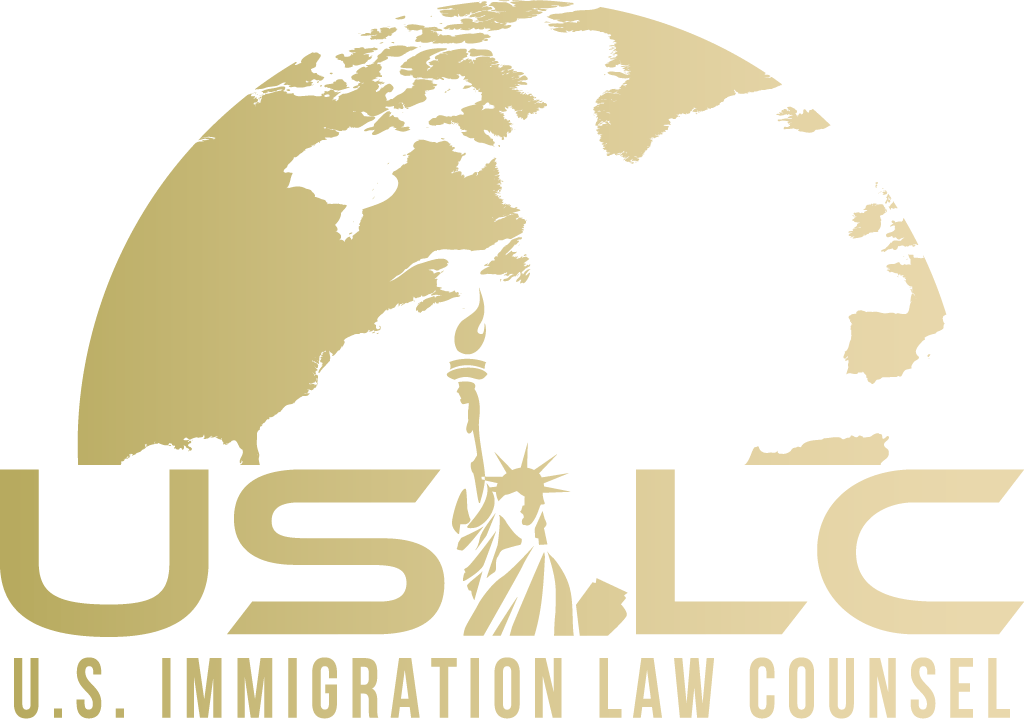Florida has the fourth-highest percent of immigrants in the United States, with just over 21 percent of the state’s population born in another country. Approximately 40 percent of Florida’s immigrant population is undocumented. Even so, Florida’s Legislature has enacted some of the strictest laws in the country concerning the nearly 1 million undocumented immigrants who live in the state. The new laws, which will go into effect on July 1, 2023, will impact undocumented immigrants in various areas. Some of these areas have been included below:
Employment
Hundreds of thousands of undocumented immigrants are employed in Florida without employment authorization. These undocumented immigrants largely work in labor-intensive industries such as construction, tourism, food, and farming. Federal law already requires public employers that contract with the Federal government to use the E-Verify system to check the employment authorization statuses of all their workers. However, one of the provisions under Florida’s Senate Bill 1718 will now require private employers with at least 25 workers to use the federal E-Verify system to check their workers’ statuses.
There are other states that have made it mandatory for certain private employers to use the E-Verify system to check workers’ statuses. South Carolina has required all employers to use the E-Verify system for the past 13 years, while Utah requires private businesses that employ at least 15 workers to use a status verification system. Other states where E-Verify is mandatory for all employers, regardless of their size, include Georgia, Massachusetts, and Arizona. However, some states have reduced the use of E-Verify; and in California, Arkansas, Illinois, Connecticut, New Jersey, Ohio, and Colorado, use of E-Verify is optional.
Healthcare
Governor DeSantis’ new immigration laws will require hospitals and other healthcare facilities that accept Medicaid to request the immigration status of their patients when admitting or registering them. There are currently 323 hospitals in Florida, and these hospitals must submit a quarterly report to the state that includes information about the amount they spent on uncompensated care for patients who are unlawfully present. Immigration advocates believe that this law will discourage undocumented immigrants from seeking emergency medical care as needed. Undocumented immigrants also do not have access to Medicaid in Florida.
Under Federal law, undocumented immigrants in the U.S. cannot buy healthcare coverage through the ACA Marketplaces. However, most states permit certain undocumented immigrants, such as children and the elderly, to have access to some health coverage, either through Medicaid or a State-funded healthcare program. In California and Washington, DC, Medicaid is also open to all low-income people, even those who are undocumented. Other States that provide some level of coverage, mostly to children and pregnant women, include Rhode Island, Washington State, New York, New Jersey, Illinois, Maine, Utah, Vermont, and Oregon. New York’s legislature is also currently debating the issue of granting subsidized healthcare coverage to over 250,000 undocumented immigrants.
Education
There are over 40,000 undocumented students enrolled in higher education programs in Florida and approximately 5,000 undocumented students who graduate from high schools in the state each year. All Florida students, regardless of their immigration status, have access to in-state college tuition, although they aren’t eligible for state financial aid. However, there are certain organizations that do offer financial aid to undocumented students. The largest of these is TheDream.US, which is geared towards DACA recipients and other qualifying undocumented students who are enrolled in eligible postsecondary institutions in all states, including Florida.
Over 400,000 college and university students in the U.S. are undocumented, and approximately 90,000 of those students are DACA recipients. Aside from Florida, 23 other states permit undocumented students to apply for in-state tuition, including Arizona, California, New York, Colorado, New Mexico, Illinois, Virginia, and Hawaii. Currently, 16 states also permit both documented and undocumented students to apply for state financial aid if they meet certain qualifications. These states include California, Maryland, New York, New Jersey, Oregon, and Texas. In 8 states, undocumented students have no access to in-state tuition, and three states block them from enrolling in all or some public colleges.
Driver’s Licenses
Undocumented immigrants living in Florida cannot be issued legal identifications, including driver’s licenses. This does not include DACA recipients, who are permitted to hold state driver’s licenses or identification cards. Florida’s new immigration laws will now invalidate the out-of-state driver’s licenses of undocumented immigrants. In addition, counties and municipalities will not be permitted to grant funds to any organization, entity, or person that provides identification documents to individuals who cannot prove their legal status in the U.S.
Like Florida, most states do not permit undocumented immigrants to hold driver’s licenses. However, eighteen states, as well as the District of Columbia, have made it legal for undocumented immigrants to drive. The other states that already allow this benefit include California, Colorado, Massachusetts, Maryland, Vermont, Connecticut, Delaware, and Illinois. Undocumented immigrants must generally provide their birth certificate, foreign passport, or other legal document, as well as proof of their residency in those states.
Sanctuary Cities
Sanctuary cities are those that set up a mandate to protect the undocumented immigrants living them from being deported or detained by immigration authorities, in spite of federal laws. In 2019, Governor DeSantis signed a law banning sanctuary cities within the state of Florida. Before the ban, 28 Florida cities and counties had designated themselves as sanctuary cities, where undocumented immigrants could live without fear that local law enforcement would automatically turn them over to ICE. Now, law enforcement and local government must cooperate with ICE and other Federal immigration authorities when it comes to undocumented immigrants in their custody.
Aside from Florida, other states that have banned sanctuary cities within their borders include Alabama, Texas, Tennessee, Mississippi, Missouri, and Iowa. However, there are 11 states with over 180 cities, counties, and municipalities that are currently designated as sanctuary cities. The most well-known of these cities are New York, NY, Chicago, Illinois, Washington, DC, as well as San Jose, Los Angeles, and San Francisco, California. These cities have become home to millions of undocumented immigrants living in the U.S.
Contact a Florida Immigration Attorney
Do you have questions about Florida’s immigration laws? Then contact U.S. Immigration Law Counsel through our website or by calling 1-800-666-4996. We deal with the government so you don’t have to. We look forward to helping you at this time.






